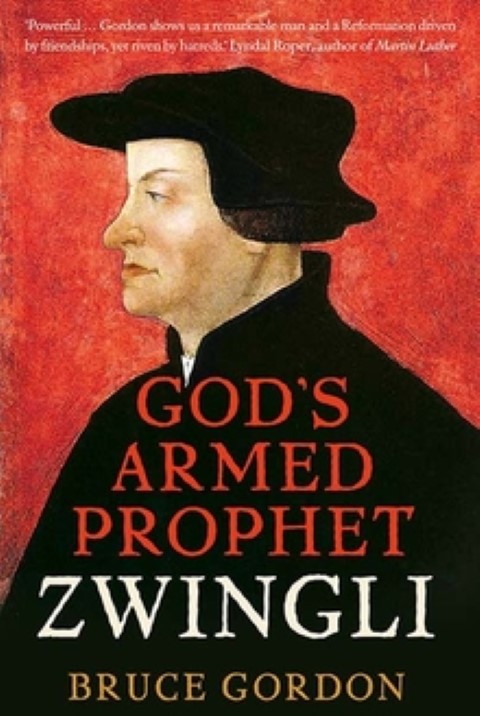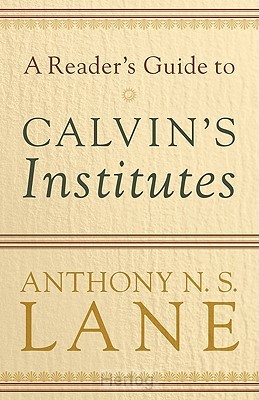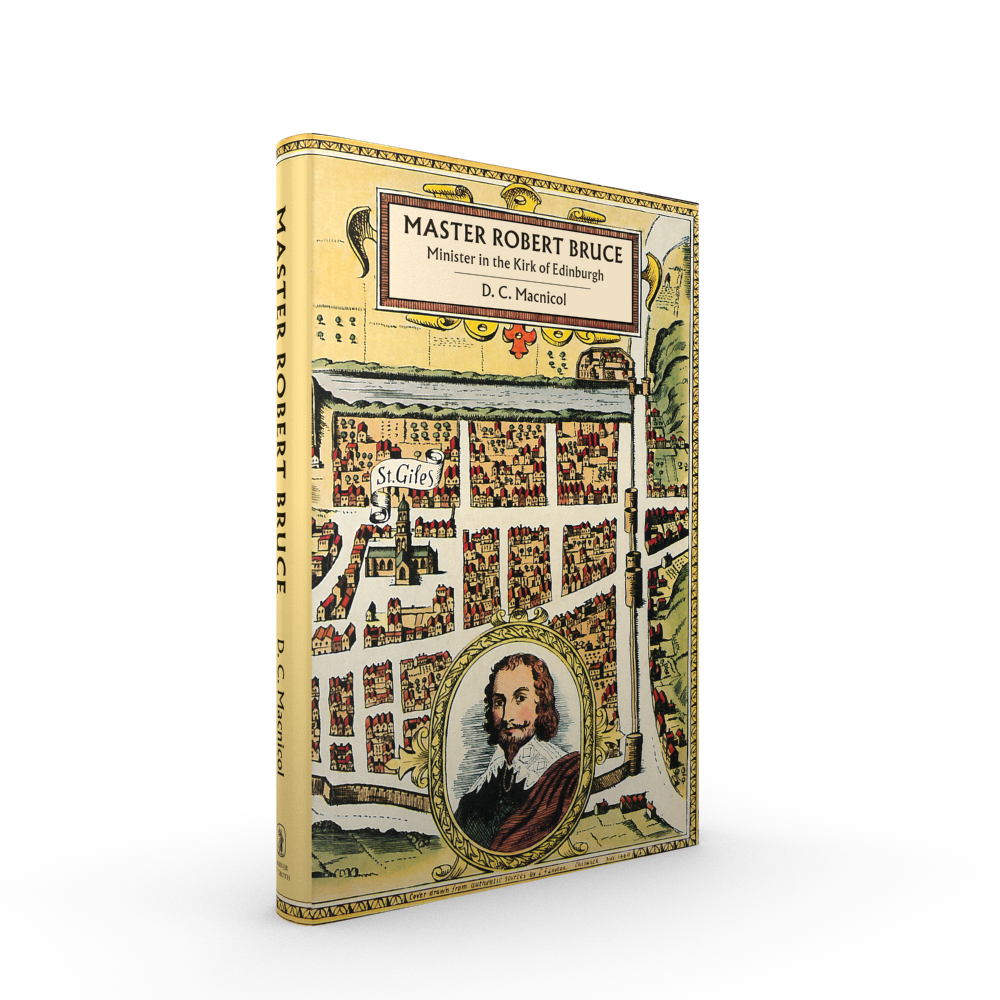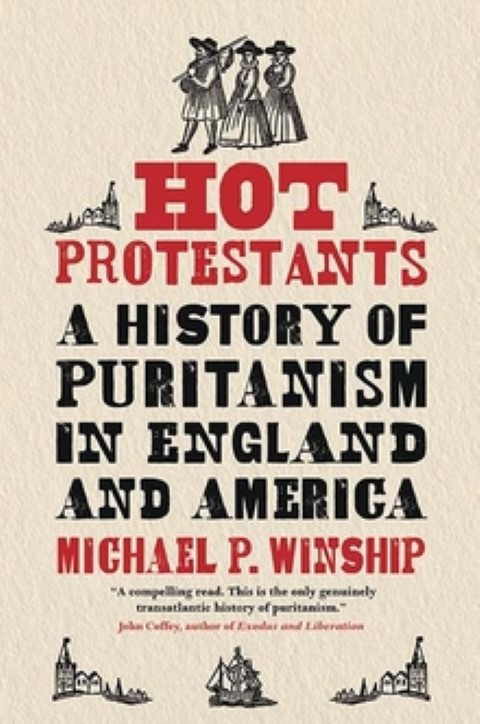- Home
- /
- Buitenlandse boeken
- /
- Kerkgeschiedenis / The Great Awakening
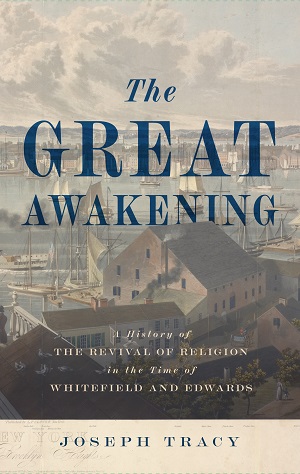
The Great Awakening
Although a considerable number of scattered records accompanied what Jonathan
Edwards called the 'Revival of Religion in New England in 1740' it was not
until 1841 that Joseph Tracy thoroughly sifted these original sources and
became its first historian.
Scarcely any phenomenon could be more exacting for a church historian than the
Great Awakening, for assessments of its nature and value differed widely at the
time of its occurrence and have done ever since: 'The doctrine of the new birth
made its way like lightning into the hearers' consciences', wrote George
Whitefield, but an adverse contemporary critic asserted that 'Multitudes were
seriously, soberly and solemnly out of their wits.' Certainly the Great
Awakening does not fit into any of the usual norms.
Emotion was profoundly stirred, yet some of the finest intellects of that age
were among its leaders. It moved the common people, yet it led to the
establishment of such new colleges of learning as Princeton and Dartmouth,
Brown and Rutgers. Again, while the revival supplied neither social nor
political messages, the changes it brought about in society were as far
reaching as those associated with the 1776 Revolution itself; indeed, Tracy
argues that the effects of the Revolution would have been very different if the
country had not been 'strengthened by so many tens of thousands of converts'.
The author follows his theme from the local revivals of the 1730s to the
floodtide of 1740-42. While such major figures as Jonathan Edwards and George
Whitefield are frequently prominent in the narrative, the material is
broad-based and no small part of its fascination lies in the quotations given
from the personal narratives and diaries of such men as Eleazar Wheelock, and
William Cooper of Brattle
Street Church, Boston. Extended treatment is also given to the ebb of the
revival down to
1745, with a penetrating discussion of the aberrations and divisions which
marked those years. The school of opinion which treated the Great Awakening as
a movement of mass hysteria, generated by a few pulpit orators, has been losing
ground of late years.
But while a number of modern writers have seen reason to question that thesis,
they have not recognised, as Tracy did, that just as the doctrines of the
Awakening were biblical so also were the phenomena. That is not to say that
Tracy approves all that occurred in the 1740s (any more than the New Testament
approves all the phenomena of the apostolic age), and much of the importance of
his work lies in the mature and discerning judgment which he brings to his
factual material.
This volume remains second to none in its definitive treatment of one of the
most important and remarkable eras in the history of the Christian church in
modern times.
Recommended € 31,90
Edwards called the 'Revival of Religion in New England in 1740' it was not
until 1841 that Joseph Tracy thoroughly sifted these original sources and
became its first historian.
Scarcely any phenomenon could be more exacting for a church historian than the
Great Awakening, for assessments of its nature and value differed widely at the
time of its occurrence and have done ever since: 'The doctrine of the new birth
made its way like lightning into the hearers' consciences', wrote George
Whitefield, but an adverse contemporary critic asserted that 'Multitudes were
seriously, soberly and solemnly out of their wits.' Certainly the Great
Awakening does not fit into any of the usual norms.
Emotion was profoundly stirred, yet some of the finest intellects of that age
were among its leaders. It moved the common people, yet it led to the
establishment of such new colleges of learning as Princeton and Dartmouth,
Brown and Rutgers. Again, while the revival supplied neither social nor
political messages, the changes it brought about in society were as far
reaching as those associated with the 1776 Revolution itself; indeed, Tracy
argues that the effects of the Revolution would have been very different if the
country had not been 'strengthened by so many tens of thousands of converts'.
The author follows his theme from the local revivals of the 1730s to the
floodtide of 1740-42. While such major figures as Jonathan Edwards and George
Whitefield are frequently prominent in the narrative, the material is
broad-based and no small part of its fascination lies in the quotations given
from the personal narratives and diaries of such men as Eleazar Wheelock, and
William Cooper of Brattle
Street Church, Boston. Extended treatment is also given to the ebb of the
revival down to
1745, with a penetrating discussion of the aberrations and divisions which
marked those years. The school of opinion which treated the Great Awakening as
a movement of mass hysteria, generated by a few pulpit orators, has been losing
ground of late years.
But while a number of modern writers have seen reason to question that thesis,
they have not recognised, as Tracy did, that just as the doctrines of the
Awakening were biblical so also were the phenomena. That is not to say that
Tracy approves all that occurred in the 1740s (any more than the New Testament
approves all the phenomena of the apostolic age), and much of the importance of
his work lies in the mature and discerning judgment which he brings to his
factual material.
This volume remains second to none in its definitive treatment of one of the
most important and remarkable eras in the history of the Christian church in
modern times.
Recommended € 31,90
19,90
The Great Awakening
EAN-code:
9781848718579
Aantal pagina's:
472
Bindwijze:
Gebonden
Levertijd:
Binnen 1 werkdag verzonden!
In winkelwagen
Anderen bekeken ook:
Hot Protestants - A History of Puritanism in England and America
Michael P. Winship -
25,90
In winkelwagen

